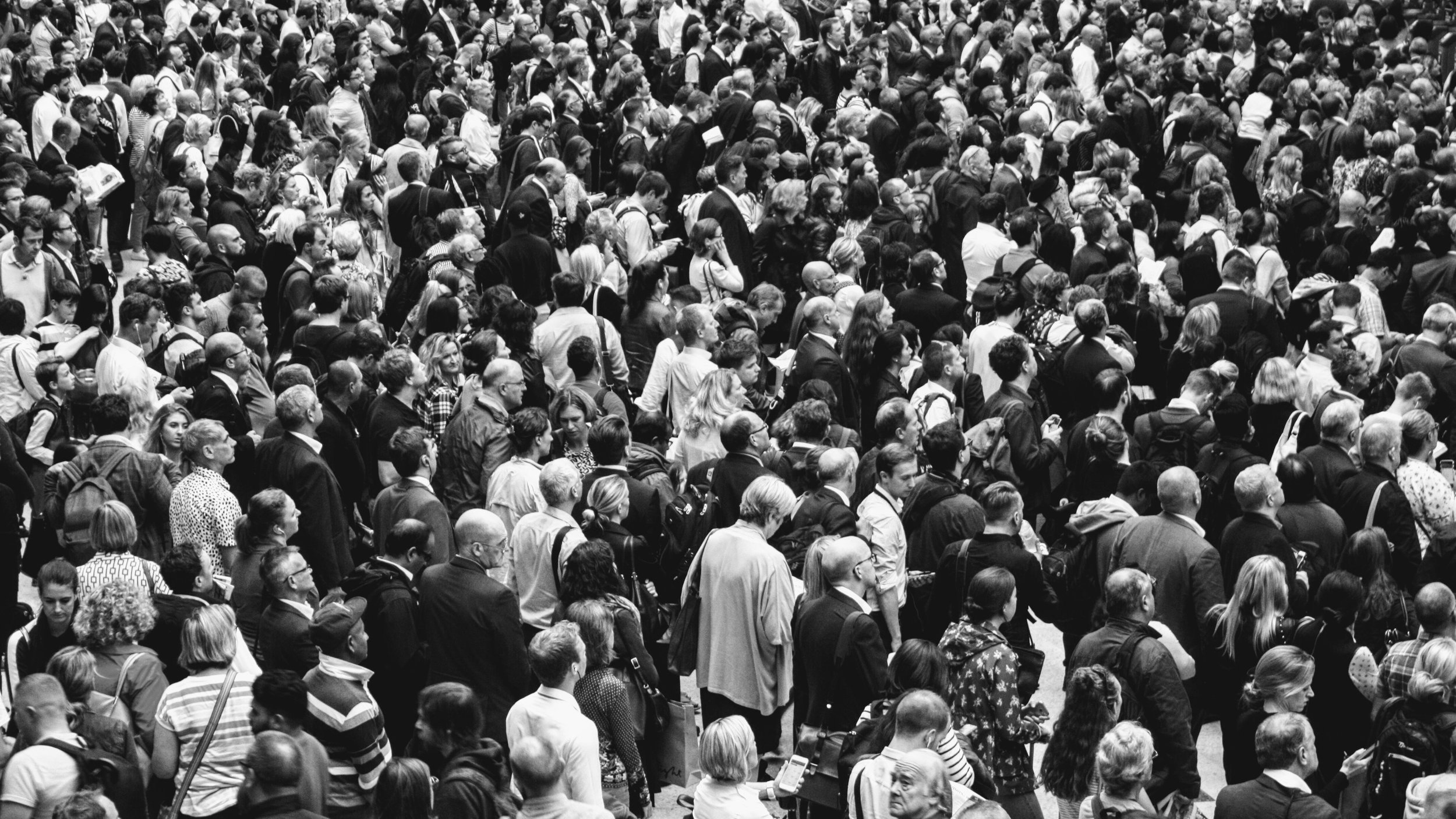Leadership Theory Overview: Sustainable Leadership
Leadership Theory Overview: Sustainable Leadership
In a continuation of our series on the most popular models of Leadership, Victor Reis, Chartered Occupational Psychologist and Senior Consultant at Alumni looks at the principles of Sustainable Leadership and how it could well be the best fit for organisations that are navigating turbulence.
“Sustainable leadership requires taking a long-term perspective in making decisions; fostering systemic innovation aimed at increasing customer value; developing a skilled, loyal, and highly engaged workforce; and offering quality products, services, and solutions.”
At 30 years young, the concept of sustainable leadership is a relative newcomer in comparison with many of its siblings. The very youth of the concept leads to it not being quite as mature scientifically as many competing theories; there are several existing definitions and models for sustainable leadership out there, and while they differ in some aspects there are key aspects that the dominant models have in common.
At its core it focusses leaders on the bigger picture, building in long-term benefits for people, society and the environment alongside shorter ranged business objectives.
Ethical behaviours are core to this concept, as is stakeholder engagement and sustainable leaders propagate these principles throughout the organisation, regarding leadership as a shared activity rather than a strictly hierarchical one. Sustainable leadership has significant overlap with three of the dominant models: transformative, servant and ethical leadership. It creates an intrinsic bond between individual performance and team performance. Among the benefits known of these types of leadership are increased team performance and Organizational Citizenship Behaviours (OCB), improved creativity and decreased sick leave. Sustainable Leadership also arguably has the benefit of attracting purpose-driven talents to organisations who apply it.
Sustainable leaders realise the benefit of focussing on their personal growth; they continue to enhance and create new capacity in their individual ability to lead and influence. They also understand that the skills of their team members strengthen the efficacy and resilience of the whole.
Broadly speaking, and in a structured approach we use at Alumni, the actions and traits of sustainable leaders fall into all of the following four categories:
Humanity
Leaders focus on humanitarian and ethical values . They invest and show interest in the wellbeing and growth of others. They empower their team and place the needs of others above their own. They take a long-term view and understand the bigger picture including the impacts of their organisation on wider society.
Authentic Connection
Sustainable leaders engage with others on an emotional level. They build an engaging vision, set a direction and communicate it effectively. They facilitate true collaboration by being emotionally present and navigate their own and others emotional states with honesty. They don’t just ‘talk the talk’ but ‘walk the walk’; leading by example.
Agile Mindset
Sustainable leaders acknowledge and navigate complex or ambiguous situations with openness and adaptability. They have significant analytical capacity and see patterns and synergies readily, using these to formulate their strategies in adaptable and scalable ways.
Drive for Growth
Sustainable leaders seek personal growth in themselves and their team. They practice self-care and encourage and enable it within others. They both seek and give continuous feedback. They maintain an energy and commitment over time to driving innovation and change. They do this by adopting a mindset that encourages experimentation and self-improvement, thus strengthening the agility of their organisations to face challenges in the volatile and complex world.
“Sustainable leaders are individuals who are compelled to make a difference by deepening their awareness of themselves in relation to the world around them. In doing so, they adopt new ways of seeing, thinking and interacting that result in innovative, sustainable solutions.”
Did you know that sustainable leadership qualities can be measured through: values, personality, behaviours, analytical ability, emotional intelligence. Alumni in addition to being one of the top Executive Search, Interim and Recruitment firms in the Nordic market, are also experts in the field of Leadership Assessment and Development? Victor Reis is an Occupational Psychologist with extensive experience of leadership and talent management, and is happy to help if you are looking for ways to select and grow the leaders that will boost the success of your organisation.
Senior Consultant and Chartered Occupational Psychologist
E-mail






